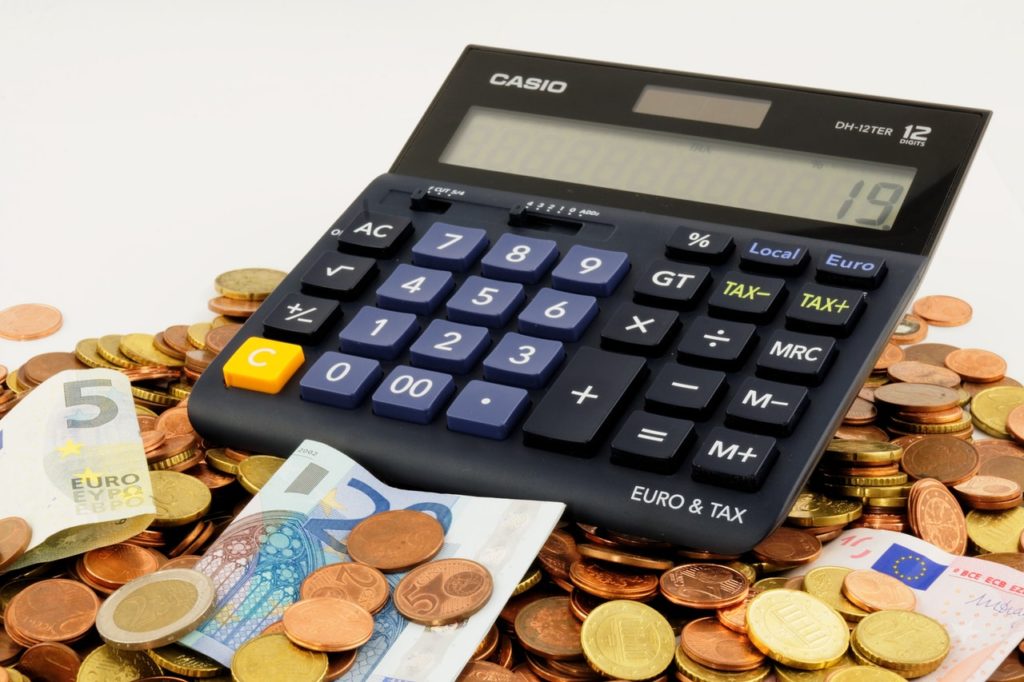When you stop to think about it, there are many ways to manage your money. You can tuck away your excess income or profits as soon as possible into a savings account. You can create an emergency fund. And you can start saving and investing through a variety of different banking and brokerage accounts.
But before you get to this stage, there’s something else you should do first—learn how to handle your money better. Do you know the smartest way to transfer cash from one state or country to another? Do you know how to use credit cards without going into debt? Do you know when to pay with debit cards or cash?
In short, long before you get to figure out how to organize your money, how to apportion it and what accounts to put it in, you need to learn how to handle it in the best possible way, rather than impulsively, based on what cards or cash you happen to have in your wallet when you make a purchase.
Here are some ways of handling money in a smarter, more cost-effective way:
When to Use a Wire Transfer Service
When you need to transfer money from one state or country to another, the most economical way may be to use a firm that specializes in money transference rather than just relying on your local bank. Transfers can be done fast: usually, the same day in the United States, and international transfers only take one or two days. Since the money is transferred so quickly, your recipient won’t have to wait for their funds to clear as there are no holds placed. For these reasons, you should use a wire transfer service when you need to send someone in another state or country some money fast.
How to Use Credit Cards Wisely
Many personal finance advisors suggest cutting up credit cards to avoid the temptation of overspending and going into debt. But the real trick is to know how to use them responsibly. First, only use the cards to pay for your basic needs, and don’t use it to satisfy any wants. Second, never skip your payments and always make it a point to pay off your balance each and every month. Third, keep your total credit limit under 30 percent. By using your credit card as a budgeting tool, it can actually help you manage your finances.
When to Use Debit Cards or Cash
Although credit cards provide benefits like fraud protection and reward points, their primary drawback is the high-interest rates. Debit cards offer some of the convenience of credit cards. For instance, you don’t have to balance your checkbook because your payments are automatically tracked for you. This type of plastic is especially useful if you want to buy something online, like a cheaper airline ticket, an e-book, a subscription to a streaming service, or a product from an eCommerce store.
Although it may appear easier and more convenient to use plastic rather than cash, cash still has its benefits. It’s useful when the recipient does not have a way of accepting plastic or when you find that it’s easier to keep track of how much you’re spending by using the envelope system of budgeting your money.
Personal finance guru Dave Ramsey is a huge proponent of the envelope system. Ramsey explains that if you need to budget $500 a month for groceries, take out $250 from your paycheck in cash and put it in an envelope that you’ve labeled. Do the same thing with your second paycheck.
The logic behind the envelope system is simple: since you can only spend $500 on your groceries, you will be careful about what you buy when you go to the supermarket.
Getting Rich Slowly
When it comes to building your wealth, you need to do more than focus on your earning ability. You also need to get good at managing your money. While there are many sophisticated ways of managing your money better, from using the right budgeting software to squirreling your money into a high-interest paying account, the first place you should start with money management is to become familiar with the various ways you spend money.


